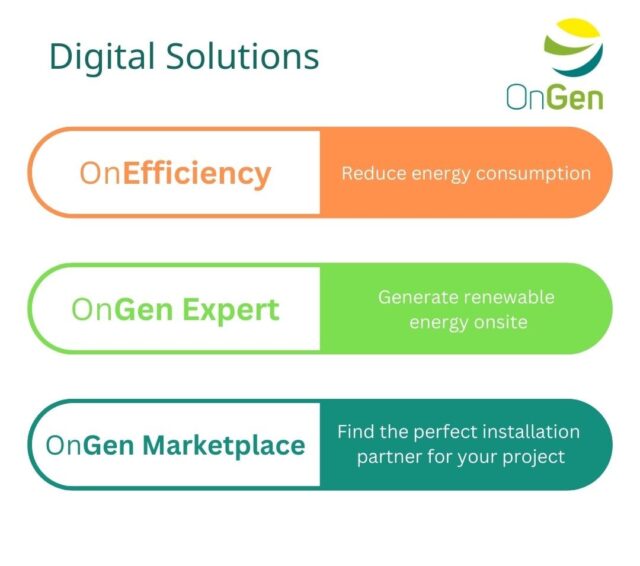Introduction to Renewable Energy and Government Policy
Renewable energy is a sustainable source of energy that has the potential to power homes, businesses, communities, and entire countries. Oil and gas are finite sources of energy, and they have a variety of negative consequences for our planet. We are in a global transition phase in terms of where we source our energy from, and we are all acutely aware of the climate crisis we are currently facing. Our energy sector accounts for a large proportion of carbon emissions in the UK, and so there needs to be a total shift towards renewable sources of energy to ensure a future where sustainable energy is normality.
The Importance of Government Policy in Renewable Energy Promotion
The government has a key role to play when it comes to policy and incentives related to renewable energy. Funding is one of the main issues for individuals and organisations when it comes to installing renewable energy solutions. The UK Government currently has a range of available incentives which include the Boiler Upgrade Scheme, SME loan scheme (Scotland), and the Public Sector Decarbonisation Scheme (PSDS) (England and Wales). These schemes help to eliminate the barriers associated with funding projects and installations of renewable energy, helping to drive the UK towards net zero carbon emissions. As the renewable energy sector continues to grow, more jobs are created, helping to drive further economic growth in the UK.
An example of successful funding assistance is the Greater South East Energy Hub, who secured over £37 million from the PSDS due to using OnGen’s award-winning OnGen Expert software. They have proceeded to install a variety of renewable technologies including solar PV, air and ground source heat pumps, and battery storage across 10 council areas. Without funding resources like the PSDS in place, organisations such as the Greater South East Energy Hub would likely struggle to carry out these renewable energy projects.

Challenges and Criticisms of Renewable Energy Policies
In September 2023, an annual government auction – the Contracts for Difference (CfD) scheme – secured no new offshore wind projects which was a huge blow to the renewables sector in the UK. The CfD scheme is the main way the government supports low-carbon technology generation across the UK. They provide developers with protection from volatile wholesale energy prices by offering high upfront costs (strike prices) and long project lifetimes. Firms cite that the price of electricity generated for offshore wind was set too low, making projects unviable investments. To combat the previous issues with the CfD, the government recently announced that the maximum strike price will be increased from £44/MWh to £73/MWh ahead of the next auction in 2024. It remains to be seen if this will help to secure more projects, if any. However, this year, there is a possibility of securing a record number of offshore wind projects (14.9GW), effectively doubling the current capacity (14.7GW).
The Boiler Upgrade Scheme grant was recently increased by a third to £7,500, which aims to increase heat pump installation in UK homes. The government aims to install 600,000 heat pumps by 2028, and there has been widespread criticism that there is not enough being done to increase the rollout. On top of this, there is a severe lack of engineers trained to fit heat pumps across the UK. Critics say the government have not considered the abilities of the workforce who will be carrying out this work and it is not clear enough with its legislation, meaning companies are not encouraged to invest.
Government incentives and subsidies have the potential to favour certain technologies over others, distorting the market and hindering the development of some technologies. Furthermore, political dynamics can be volatile, leading to changes in policies that can create an uncertain environment for investors and stakeholders.
Cost-effectiveness is of key concern when promoting renewable energy. Providing financial subsidies and incentives which come directly from taxpayers pockets may not lead to an increase in renewable energy adoption and production.
Concluding remarks
The UK government has a clear role when it comes to promoting the renewable energy transition. They can help bridge the funding gap for organisations across the UK, which is arguably the biggest challenge when adopting renewable technologies. These policies must be robust so that key targets set for the UK are met on time and any funding given is appropriately allocated and makes a difference.
OnGen offers an end-to-end solution to help organisations on their decarbonisation journey. To find out more about OnGen’s services and how we can help you secure funding for your next renewable energy project, get in touch by emailing [email protected].







